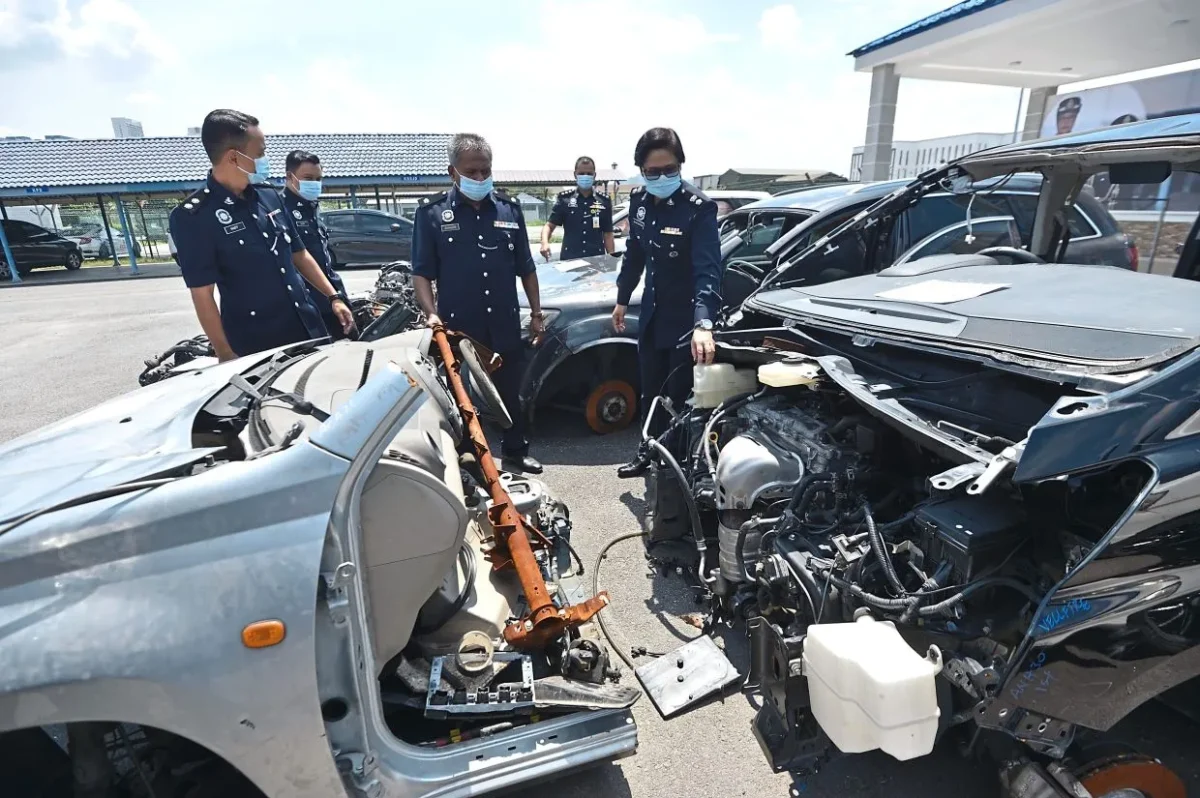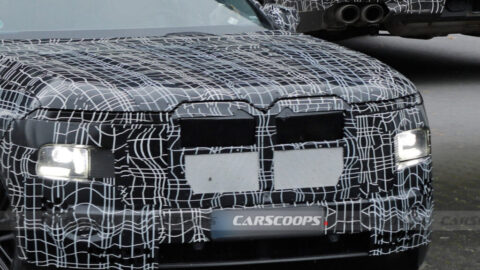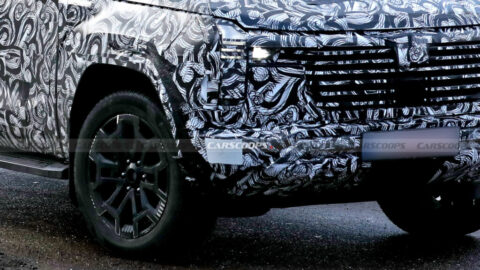June 20, 2025 — Selangor:
Authorities have uncovered a large-scale counterfeit car parts syndicate operating in Selangor, dealing a serious blow to public confidence in the nation’s automotive aftermarket industry. The raid, led by enforcement officials from the Ministry of Domestic Trade and Cost of Living (KPDN), exposed the illegal distribution of fake automotive components — primarily brake pads, air filters, and oil filters — falsely branded for popular Proton and Perodua models.
According to Carz Automedia, which first broke the story, the counterfeit parts were being supplied to several local workshops and sold to unsuspecting customers as genuine replacements. Investigators believe the operation has been active for months, possibly years, and may have placed thousands of vehicles at risk due to the inferior quality and lack of safety compliance of the fake components.
“This is not just a matter of fraud — it’s a serious threat to road safety,” said an official involved in the investigation. “We’re talking about brake pads that may fail under pressure and filters that don’t meet basic performance standards.”
The scandal quickly gained traction online, sparking intense public discussion. On X (formerly Twitter), users under the hashtag #FakePartsScandal and accounts such as @SafeDriveMY called for tighter regulations, more frequent inspections, and harsh penalties for those who endanger public safety for profit.
The Malaysian Automotive Association (MAA) also issued a statement condemning the illegal trade and urged vehicle owners to be vigilant when replacing essential components. “Counterfeit parts not only damage vehicles but can also lead to life-threatening situations,” said MAA President Datuk Aishah Ahmad. “We advise consumers to verify the authenticity of parts by purchasing from authorized dealers or service centers.”
Industry experts argue that a lack of centralized regulation and enforcement in the aftermarket sector has made it vulnerable to such syndicates. While genuine spare parts can be costly, the availability of cheap knock-offs — often priced at half or less — continues to attract budget-conscious consumers unaware of the risks.
Meanwhile, several implicated workshops are now under investigation, and the authorities are reportedly considering criminal charges against both suppliers and retailers found knowingly distributing fake parts. A wider sweep across other states is also being planned to dismantle the network and prevent recurrence.
As the scandal unfolds, it serves as a stark reminder of the importance of quality control, consumer awareness, and regulatory reform in ensuring road safety — especially in a country where Proton and Perodua vehicles make up a significant portion of the national fleet.

















